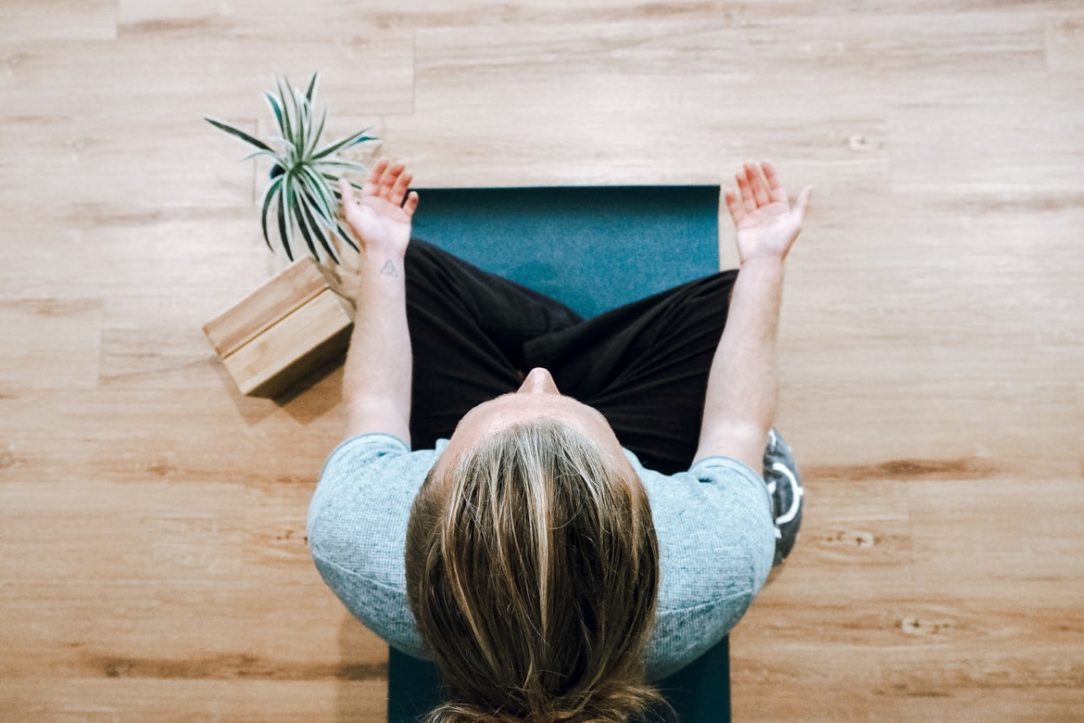Looking after yourself and your health and wellbeing should be your number one priority. Hectic lifestyles, however, sometimes mean that we are so busy working and looking after our families and children that we can forget to look after ourselves.
The pandemic has affected everyone’s lives quite significantly, including our mental and physical health and wellbeing.
Fortunately, there are various tips and techniques that you can utilize to achieve overall good physical and mental health.
1. Drink Plenty of Water and Stay Hydrated

Source: unsplash.com
Water is essential for life – nothing can survive without it, plants, trees, human beings. It is important that you have water in your body; it helps it to function. From controlling your core body temperature to transporting nutrients around the body to removing toxins and waste products in your urine, water is a necessity and one of the most important things you can put in your body to stay healthy.
Keeping yourself hydrated can help your blood pump around your body more efficiently, and you will find that you have fewer aches and pains after you have exercised. Keeping hydrated and keeping an eye on your sodium intake can help your kidneys function better, which could significantly reduce high blood pressure. Lots of people often confuse hunger pangs with thirst pangs, so drinking a glass of water when you think you are hungry can help control your cravings.
You’ve probably heard that the average human being needs to drink eight glasses of water per day. This is to replace fluids that we lose naturally during the day through perspiration and when we go to the bathroom.
2. Get Enough Fatty Acids

Source: unsplash.com
We all need a certain amount of fat in our bodies for it to be able to function correctly, and healthy fats such as Omega 3, which are found in oily fish, nuts, and seeds, are crucial. A diet rich in these essential fatty acids can help with your joints, benefit cognitive brain function, boost the immune system, and protect you against heart disease.
A diet packed full of fresh vegetables and fruit, coupled with fresh fish and healthy oils, allows our bodies to absorb and use many vitamins and phytonutrients essential to keep our bodies healthy.
3. Get the Right Balance of Nutrients & Vitamins

Source: unsplash.com
Sometimes our bodies all need a bit of a boost, and even though our diets may be healthy, on occasion, you might feel that you aren’t getting enough vitamins and minerals into your body.
In addition to vitamins, dietary supplements can contain herbs and minerals as well as many other botanicals, enzymes, and amino acids that can greatly benefit our overall health.
According to Slash and Scroll, deficiencies in your body can cause major problems, so taking supplements to make sure you are getting everything you could possibly need in your body is an excellent way to keep yourself healthy.
Some of the most popular supplements include vitamin B12 and Vitamin D, minerals such as iron and calcium, herbs such as Ashwagandha, garlic, and echinacea, and products like probiotics that promote a healthy gut and collagen, which helps with the production of proteins in your body.
You can improve your nutritional and vitamin intake through a more balanced diet or by taking supplements from top online resources like orphicnutrition.com.
4. Take Regular Exercise

Source: medium.com
It may sound hard to believe, but exercise is actually like a miracle cure that we have always been aware of yet essentially neglected its power. As a result, our health is now suffering. It doesn’t matter what age you are; there is compounding scientific evidence that a happier and healthier life can be achieved by being physically active.
There is overwhelming evidence that exercise is good for you, and time and time again, it has been medically proven that people who exercise regularly have a lower risk of:
- coronary heart disease and stroke
- type 2 diabetes
- depression
- dementia
Research has also shown that physical activity can also boost your self-esteem and overall mood, help with the quality of your sleep, help with your energy levels, and impact your stress levels.
It is recommended that you exercise at least three times a week. That doesn’t necessarily mean going to the gym or joining a fitness class; walking or cycling are both great all-around exercises that cost nothing and which you can easily fit into your normal daily routine.
5. Reduce Stress

Source: unsplash.com
We’ve already mentioned that exercise reduces stress, but with the hectic and busy lives we lead, you can do some other things so you can have a little more “me” time.
One of the biggest threats to our overall health is stress, so try turning your mobile phone and laptop off, having a life/work balance, and keeping calm and balanced. Reading a book or doing something creative are great stress relievers, as is laughing.
There’s an old adage that says, “Laughter is the best medicine,” and that couldn’t be truer. Make time to have some fun and laugh; you will notice immediately that your stress levels are reduced, and you feel more relaxed.
One of the best ways to reduce stress and keep fit simultaneously is by using mindfulness techniques that are perfect for both mental and overall physical health.
6. Practice Mindfulness

Source: unsplash.com
Mindfulness techniques, when used on a regular basis, can change your whole perspective on life. Meditation and Yoga, exercises that focus on your strength, balance, and breathing, as well as your inner self, should give you a sense of purpose and contentment.
Practicing mindfulness meditation involves focusing on your breathing, there is often guided imagery and sounds which help to relax the mind and body, which will in turn help to reduce stress.
Meditation has been studied in many clinical trials. The overall evidence supports the effectiveness of meditation for various conditions, including:
- Stress
- Anxiety
- Pain
- Depression
- Insomnia
- High blood pressure (hypertension)
Taking the right steps to boost your health is crucial in achieving a quality life. If you feel that you have let your health take a back seat recently and that it’s now time to get back on track, we hope that this has helped you and given you a little inspiration to improve your health.




